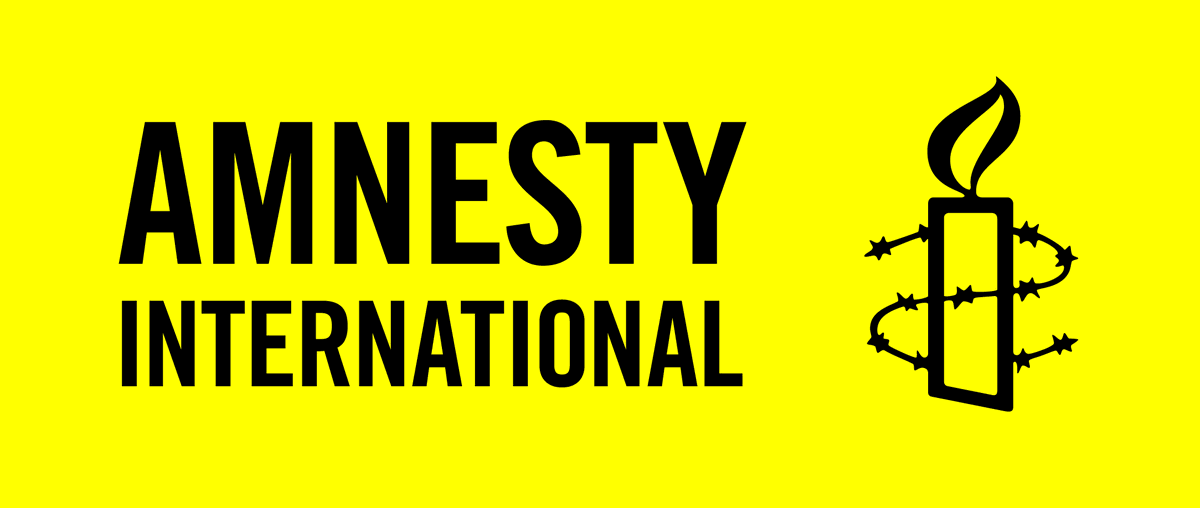Julian Assange& #39;s extradition hearings are frankly terrifying, and if you care about the free press, you should be worried, irrespective of whether you like Assange or Wikileaks. As the old saying goes, "Hard cases make bad law."
1/
1/
The Trump DoJ indictment goes somewhere that no other president has dared to go: criminally charging a publisher for their role in the publication of classified docs, something that press outlets do regularly.
2/
2/
Assange has been charged under the Espionage Act - again, a first for a publisher - because he did something routine: gave advice to a source on how to protect themselves from retaliation. This is something I have done.
3/
3/
If you are an investigative journalist who works with whistleblowers, you have done this too. For example, I had a source contact me about malfeasance within a tech company they& #39;d worked at.
4/
4/
I explained to them how to switch to Signal, turn on disappearing messages, get a burner device, and how to find an employment lawyer to help them understand their rights (I imagine the lawyer& #39;s advice scared them off, because shortly after making contact they disappeared).
5/
5/
This is really the minimum duty of care we journalists owe to our sources and it is at the heart of the DoJ& #39;s case against Assange - who is not facing charges for anything to do with the 2016 election or "Russiagate."
6/
6/
This is, once again, a unique Trump innovation: arguing that the publisher, and not the source, should be charged criminally for their role in revealing state secrets.
7/
7/
Sources have long faced retaliation (which is why journalists seek to protect them), but publishers were off-limits.
Even the Obama administration, which used the Espionage Act against more leakers than all presidents in history combined, didn& #39;t go after publishers.
8/
Even the Obama administration, which used the Espionage Act against more leakers than all presidents in history combined, didn& #39;t go after publishers.
8/
That& #39;s a Trump thing, and he& #39;s using Wikileaks and Assange to set the precedent. Trump - and his wilier, more tactical political allies - knows that his adversaries don& #39;t like Assange and won& #39;t stick up for him, and so Assange is a means to his end.
9/
9/
That end: allowing future administrations to criminally charge publishers that publish leaks they don& #39;t like. To shut down press outlets and put their key personnel in prison for very long sentences.
10/
10/
The public indifference to Assange& #39;s absolutely ghastly treatment has emboldened those in the UK and the US who want to use this opportunity to seize as much power to punish the press as possible.
11/
11/
Don& #39;t take my word for it. Read what @StefSimanowitz, @amnesty& #39;s media manager for Europe, Turkey and the Balkans, has to say about the trial.
https://www.newsweek.com/assange-extradition-hearings-amnesty-1532990
Read">https://www.newsweek.com/assange-e... how Assange& #39;s lawyers weren& #39;t allowed to contact him at all for SIX MONTHS before his hearing.
12/
https://www.newsweek.com/assange-extradition-hearings-amnesty-1532990
Read">https://www.newsweek.com/assange-e... how Assange& #39;s lawyers weren& #39;t allowed to contact him at all for SIX MONTHS before his hearing.
12/
And read how Amnesty International - which was permitted to observe trials in Gitmo, Bahrain, Ecuador and Turkey - had its request to observe Assange& #39;s trial denied.
13/
13/
"Through its refusal, the court has failed to recognize a key component of open justice: namely how international trial observers monitor a hearing for its compliance with domestic and international law.
14/
14/
"They are there to evaluate the fairness of a trial by providing an impartial record of what went on in the courtroom and to advance fair trial standards by putting all parties on notice that they are under scrutiny."
15/
15/
Democracy dies in darkness, right? If you think that the press-freedom precedents Trump is setting now will only be used against people you& #39;re angry at, you& #39;re engaged in wishful thinking.
16/
16/
The Trump administration is fashioning an immortal, pluripotent superweapon that ANY future administration (including a second-term Trump administration, shudder) can use against the press.
eof/
eof/

 Read on Twitter
Read on Twitter


